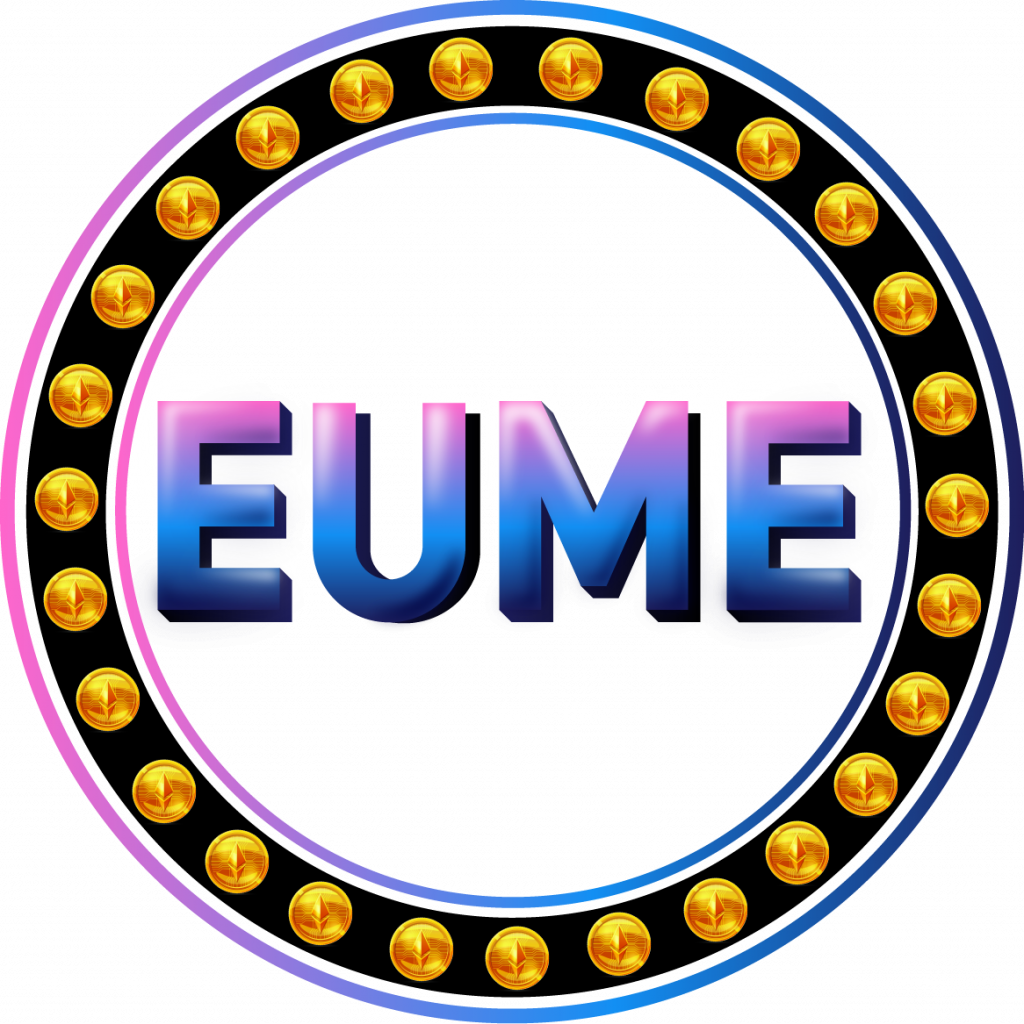One man is responsible for you often hearing or reading about metaverse in 2021 novelist Neal Stephenson. Stephenson coined the word metaverse in his 1992 dystopian novel ‘Snow Crash’ to describe a 3-dimensional virtual world where humans interact as ‘avatars’. For the uninitiated, ‘avatars’ are the graphical representations of real-life humans. Fast forward to 2021 and metaverse is one of the word of the year. But metaverse is no longer just a word but a potentially pathbreaking internet-enabled space with multi-sectoral use.
Following is your 10-point cheatsheet on metaverse:
There is no single definition of metaverse, which is a combination of two words – ‘meta’ which means beyond in Greek, and universe. So, one can loosely translate ‘metaverse’ to ‘beyond universe’.
According to Dinis Guarda, founder of LynKey, a blockchain-powered prop-tech platform, the metaverse space is a combination of multiple elements, where users can “live” within a digital universe and interact with other users. Some of the elements involved in metaverse include blockchain technology, virtual reality, augmented reality and game theory.
Blockchain technology, which allows for trustless transactions and undebatable ownership of assets, is being seen as a major enabler in metaverse transactions. Metaverse allows users to buy, sell or upgrade their assets like homes, weapons or skins in the virtual space, said Dominic Ryder, CEO of vEmpire, a Decentralized Metaverse Investment Organization. According to a Grayscale report, people have already spent about $200 million in metaverse item sales.
As the metaverse space expands, so will the amount of data it generates. This, many experts observe, will lead to questions about data reliability and safety. Blockchain technology, known for its data security and immutability, is being seen as a one-stop solution to the problem.
Metaverse is also fueling a virtual real estate boom. For instance, Decentraland, which is a metaverse built on the Ethereum blockchain, allows users to buy virtual plots of land via MANA, an in-house cryptocurrency. Other platforms like Axie Infinity and Sandbox too allow users to buy virtual properties in cryptocurrencies.
Metaverse is also becoming a lucrative industry in itself. According to the Greyscale report, the market opportunity for “bringing metaverse to life” may be worth over $1 trillion in annual revenue. Additionally, metaverse, the report argues, will compete with Web 2.0 companies like Facebook.
Facebook, in fact, is interested in the metaverse space, reports have indicated. As part of its efforts to penetrate the space, Facebook recently rebranded itself ‘Meta’ and is reportedly investing $10 Billion into it.
Given that metaverse provides an immersive virtual experience akin to the real world, it is a natural “next frontier” for the gaming industry. “In addition to creating better ecosystems and making gaming more transparent, metaverse paired with the increased solutions of non-fungible tokens will help offer better engagement, virality, and monetisation for games,” said Guarda.
Metaverse is set to become a major contributor to the world economy. PWC has predicted that the metaverse ecosystem will be worth over 1.5 trillion by 2030, impacting sectors like gaming, healthcare, ed-tech and “Industry 4.0”. “Play to earn applications are creating a new economy where service roles and monotonous roles can be replaced with new fun ways to earn money, noted Ryder, adding such an economy will grant more freedom to a low wage worker.
Celebrities are already riding the metaverse bandwagon, with many creating their virtually ‘avatars’ and monetising them as merchandise. “This is an opportunity for artists and influencers to better reach their fans and create new businesses,” said Guarda.


